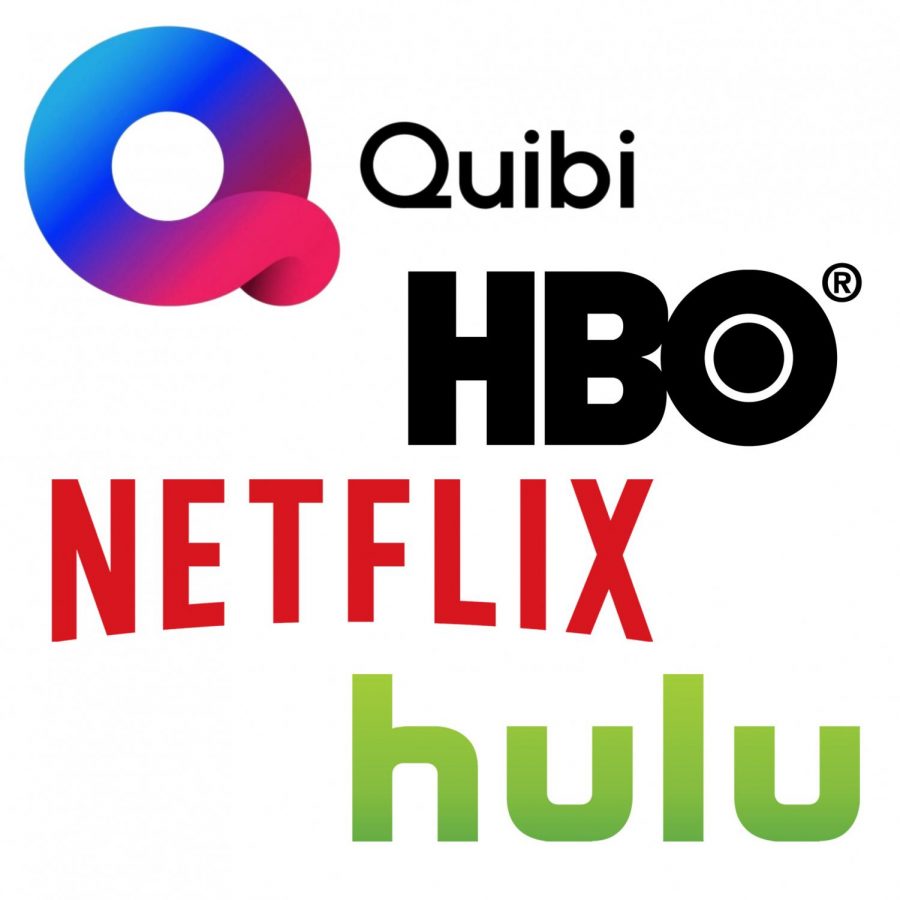Hollywood in Limbo
As our interpretation of time changes and we become acquainted with new ways to enjoy our ever-blossoming free time, there has never been a better time in history to be stuck at home. Our relationship with media and technology is changing, and some corporations are pouncing to make the most out of this golden opportunity, while other industries may be dying.
The sequel to Trolls, Trolls World Tour, was released for the first time on March 11, 2020, for a $20. The release made $100 million, while the initial film made $153 million. But because Dreamworks didn’t have to pay fees to the movie theaters, they directly pocketed 80% of the profits, much more than the typical 50%.
There’s money to be made from digital releases. But until production can open back up, eventually companies will run out of content to release and it will have an impact as time passes.
Film and television director Claire Scanlon says she has had “safety meetings about everything,” so she trusts “that when this industry goes back to work it will be done in a safe way.” She anticipates returning to work in September or October if her cast and crew mates feel it is reasonable to assume the risk and liability of getting COVID.
Scanlon, who has directed for Set It Up, The Good Place, and The Office, says no brand new shows will be piloted in the upcoming fall season. But this excess of time is giving returning writers a head start. Season 8 of Brooklyn Nine-Nine, has been completely written, which is unprecedented for a tv series, which is usually written as the season goes along, Scanlon says.
TV shows are also finding creative ways to reconnect and touch on the current situation. Parks and Recreation hosted a reunion on NBC to raise money for Feeding America, talking on a group video call, about maintaining social connection. Scanlon, who is currently directing Netflix drama Glow, is working with her partner NAME to create a similar project with the cast, which she will be directing from her own home over a video call.
However, the media has not run out of content produced before COVID yet. Quibi, a new streaming app, offers seven to twelve-minute episodes of revivals (Reno 911), new shows with A-list celebrities (the Kardashians, Chrissy Teigen), or quirky reality/documentary shows, offers a 90-day free trial. Releasing new episodes of each show each Friday as well as brand new unannounced shows each week keeps the viewer wanting more. But the releases are short-lived, coming fewer every week because the company has to pace itself; once they run out of content, they can’t produce anymore under COVID regulations.
HBO made much of its content free to stream online, such as Veep, Chernobyl, and Game of Thrones. The free content helped build some anticipation for its new, exclusive streaming service HBO Max which launched on May 27, 2020.
Other services, such as Netflix, Quibi, and Hulu depend on regular new releases and original content to maintain their viewership. But HBO Max has the rights to famous shows and movies that can’t be streamed anywhere else, such as Harry Potter movies, Game of Thrones, Veep, and Chernobyl. Although it is one of the highest costing services, it has gotten rave reviews, and its exclusive list of titles gives it potential for high-profit margins.
Media production and the way we consume it will never be the same. Although it seemed inevitable streaming services would beat out traditional movie theatres, it seemed like a faraway fate. Media consumption under quarantine moved up that timeline. The immediate future of TV and movie production has a lot of unknowns, but it will be approached with caution. It may be awhile before we see our favorite faces back on our little screens.
